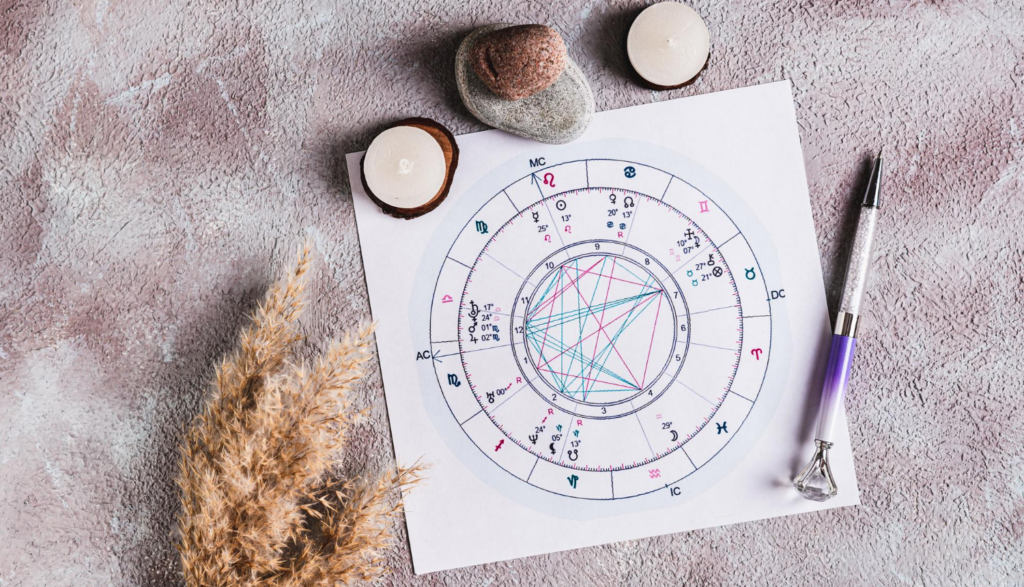For millennia, the cosmos has been a source of fascination and inspiration for humanity. Whether through scientific inquiry or astrological interpretation, our connection to the stars reflects an innate desire to understand our place in the universe. While science and astrology often appear as opposing approaches—one grounded in empirical evidence, the other steeped in symbolism and intuition—they share a common goal: to explore the relationship between humanity and the cosmos.
The Scientific Perspective
Science offers a profound understanding of the universe’s mechanics. Through disciplines like astronomy, physics, and cosmology, we’ve learned about the origins of the universe, the behavior of celestial bodies, and the intricate laws that govern space and time. From the discovery of gravitational waves to the mapping of exoplanets, science provides insights into the physical forces shaping the cosmos.
This framework helps us comprehend the tangible impact of celestial phenomena on Earth. The moon’s gravitational pull creates ocean tides, solar activity affects Earth’s magnetic field, and the alignment of planets influences gravitational dynamics across the solar system. These measurable interactions demonstrate the universe’s interconnectedness and its influence on our planet.
The Astrological Perspective
Astrology, though distinct from science, approaches the cosmos through a symbolic and interpretive lens. By studying the positions and movements of celestial bodies, astrology seeks to uncover patterns that resonate with human emotions, behaviors, and life events. For example, the cycles of the moon are thought to reflect shifts in emotional energy, while planetary alignments are believed to influence personal and collective dynamics.
Astrology emphasizes the microcosm within the macrocosm—the idea that human lives reflect the larger rhythms of the universe. It invites individuals to view themselves as part of a greater whole, finding meaning and guidance in the patterns of the stars.
Related: The Unique Drives and Desires of Each Zodiac Sign Explained

Bridging the Divide
Although science and astrology differ in methodology, they need not be mutually exclusive. Science excels in explaining the “how” of the universe, offering precise models and predictions. Astrology, on the other hand, addresses the “why,” exploring questions of meaning, purpose, and connection. Together, they provide a holistic perspective, integrating logic and intuition, measurement and metaphor.
For instance, scientific discoveries about the moon’s impact on biological rhythms align with astrological traditions that associate lunar cycles with emotional and intuitive shifts. Similarly, the emerging field of chronobiology, which studies how cosmic rhythms influence living organisms, highlights parallels between scientific research and astrological principles.
A Shared Vision
Ultimately, the harmony of the universe lies in its ability to inspire wonder, curiosity, and a sense of unity. Science and astrology remind us that we are both observers and participants in a vast, interconnected cosmos. By embracing both perspectives, we can deepen our understanding of the universe, appreciating its beauty, complexity, and mystery.
Whether through the lens of a telescope or the interpretation of a birth chart, our exploration of the stars connects us to something greater—an eternal reminder of the intricate dance between the tangible and the transcendent.
Related: Astrological Insights: Aries and Their Cosmic Destiny





















